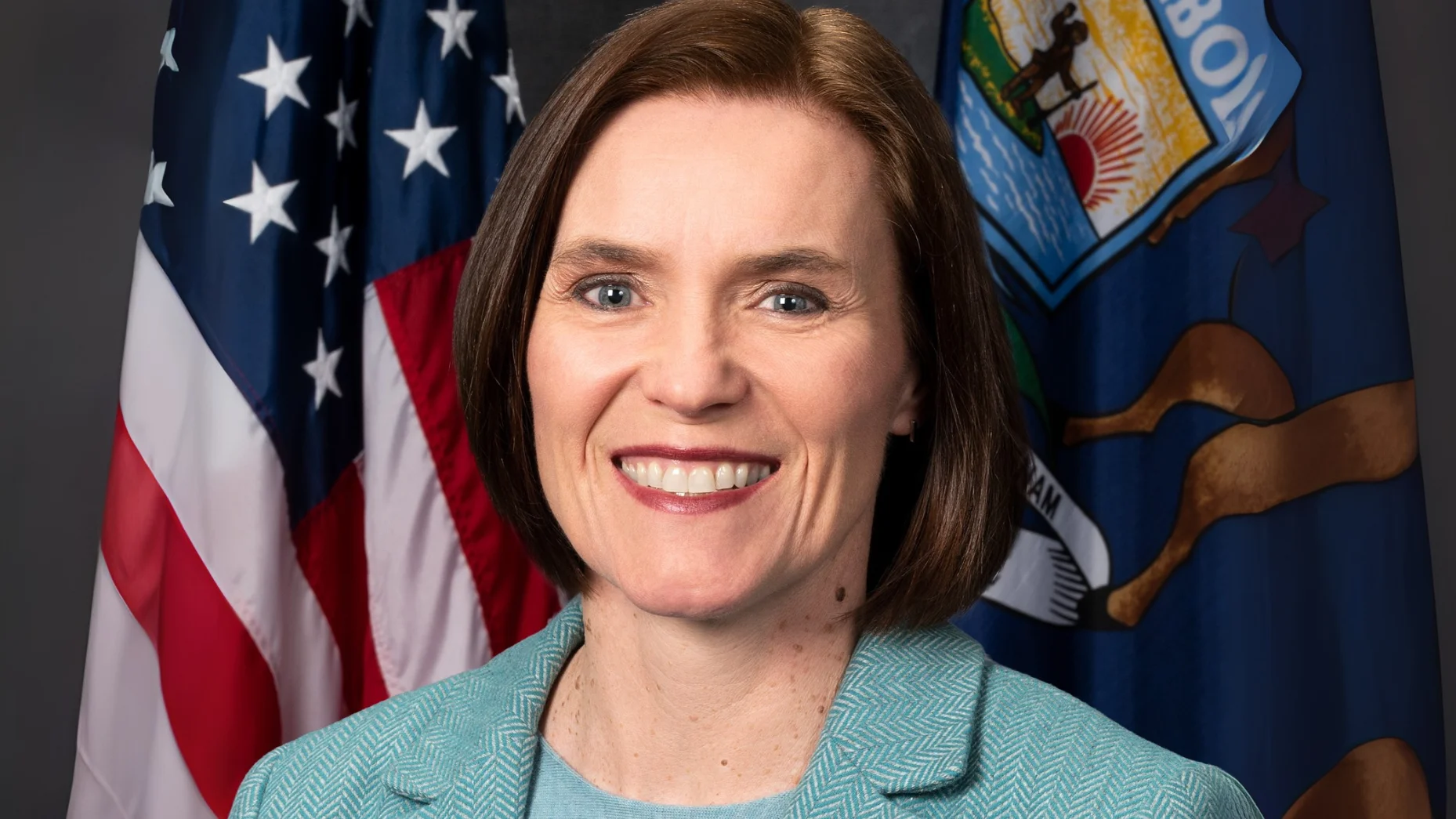Winnie Brinks Majority Leader at Michigan Senate Democrats | Michigan Senate Democrats
Winnie Brinks Majority Leader at Michigan Senate Democrats | Michigan Senate Democrats
Democrats in the Michigan Legislature have passed a bipartisan state budget for the 2026 fiscal year, focusing on maintaining essential services and countering anticipated federal funding cuts. The agreement follows months of negotiation aimed at addressing priorities such as public education, healthcare access, road repairs, and cost-of-living relief for residents.
Senate Majority Leader Winnie Brinks (D-Grand Rapids) said, “Senate Democrats worked across the aisle to get the job done and deliver another responsible budget that boosts public education, invests in our aging roads, and protects access to health care, all while mitigating the worst effects of the devastating federal cuts. I cannot emphasize enough the importance of state legislatures in this critical, tenuous moment. From continuing the widely successful universal school meals program to striking a sustainable, long-term roads deal, this bipartisan budget underscores our unwavering commitment to Michigan schools, families, and local communities.”
House Democratic Leader Ranjeev Puri (D-Canton) added: “House Democrats have been clear from the beginning that our priorities in this budget were collective wins that would benefit all Michiganders, from students to patients to working families, and everyone in between. We delivered on those priorities tonight, and we’re going to keep delivering the wins that the people of this state need to thrive.”
The finalized budget agreement maintains several programs central to previous Democratic budgets while incorporating compromises intended to keep state departments operational into the new fiscal year. Notable provisions include record per-pupil school funding at $10,050; continued support for free school meals; increased resources for at-risk students; expanded funding for school safety and mental health; ongoing retirement tax repeal efforts aimed at saving seniors approximately $1,000 annually; expansion of affordable child care through Tri-Share; support for workforce training; preservation of Medicaid coverage; protection of SNAP benefits and Double Up Food Bucks programs; sustained support for police and fire departments; a new long-term plan for road repair financing without diverting funds from schools or essential services; and measures designed to soften a projected $1 billion loss due to federal legislation known as “One Big Beautiful Bill.”
Senator Sarah Anthony (D-Lansing), Chair of the Senate Appropriations Committee stated: “This budget shows that we can work together across party lines and deliver for the people of Michigan. This budget keeps people front and center by protecting health care access, investing in our schools, and making everyday life more affordable. It also proves that we can come together, even when it’s tough, to deliver a responsible balanced plan that meets today’s needs and keeps our state moving forward.”
State Representative Alabas Farhat (D-Dearborn) said: “The work we did in this budget will help the people of Michigan who work hard and make difficult choices every day about which bill to pay or which need to sacrifice. We have a responsibility as legislators to govern on behalf of those families, to ensure they have access to the resources and benefits they need to do more than just get by. We passed a budget that will do that, and I will keep fighting alongside my House and Senate colleagues to build a Michigan that works for us all.”
The bipartisan nature of this year’s spending plan continues an approach centered on supporting working families throughout Michigan while addressing immediate financial challenges facing core government functions.




 Alerts Sign-up
Alerts Sign-up